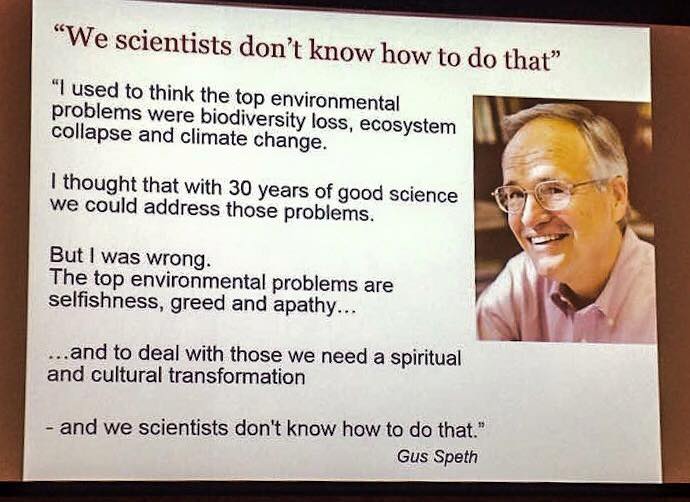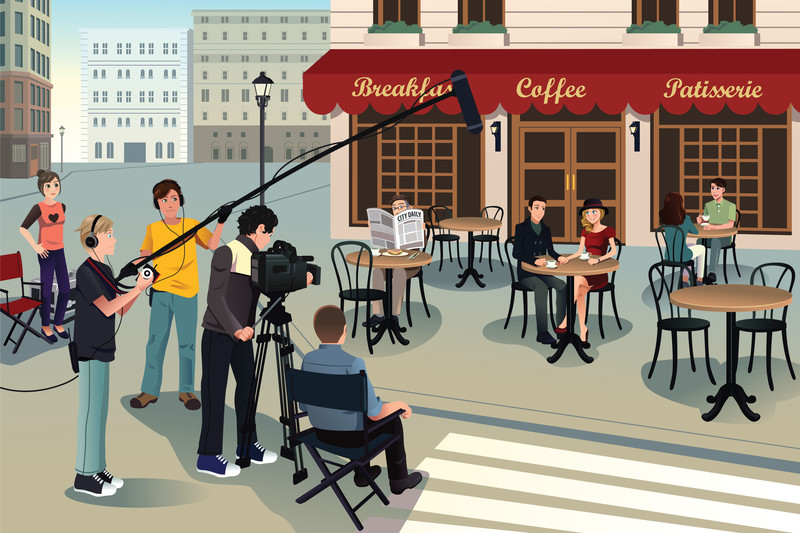
by Sarah Chauncey | May 4, 2016 | Memoir, Nonfiction, Resonant Storytelling, Spirituality
The other day, I saw the above photo in my Facebook feed (photo © Kerry Dixon). “Transformation” is a nebulous word, kind of like “sustainability” was a decade ago. Few people identify their primary field as “transformation.” Rather, it crosses multiple sectors, from...

by Sarah Chauncey | May 3, 2016 | Resonant Storytelling, Spirituality, Writing
Transformation isn’t about words. Most of us who work in transformation research, write about or teach concepts that can only be fully understood as a direct experience. It’s about an experience that words can only point to. Yet words are what we have. For most of us,...

by Sarah Chauncey | Jan 9, 2015 | Creativity, Mindfulness, Resonant Storytelling
Novels, J.D. Salinger wrote, grow in the dark. By that, he meant that true creativity comes from the subconscious mind, from allowing ideas time to percolate below our conscious awareness. It’s not just novels, though, that spring forth from the subconscious mind. So...

by Sarah | Aug 4, 2014 | Creativity, Mindfulness, Resonant Storytelling, Writing
We’re all familiar with the law of diminishing returns: After a certain amount of time, the effort expended on a task yields fewer and fewer results. This is as true of creative work as it is of physical labor. And if you keep pushing, eventually both brain and body...

by Sarah | Apr 3, 2014 | Memoir, Nonfiction, Resonant Storytelling, Writing
One of the benefits of having worked in so many mediums – print, television, stage, online, stand-alone interactive and film – is that I’ve learned a variety of storytelling techniques that are transferable among platforms. There’s something in the combination of...

by Sarah | Mar 24, 2014 | Memoir, Nonfiction, Resonant Storytelling, Writing
If you’ve studied psychology (or ever watched a police procedural), you’ll know that microexpressions are split-second facial expressions that we’re not aware of making, but which reveal our true feelings about a given conversation. Although most people can’t...







